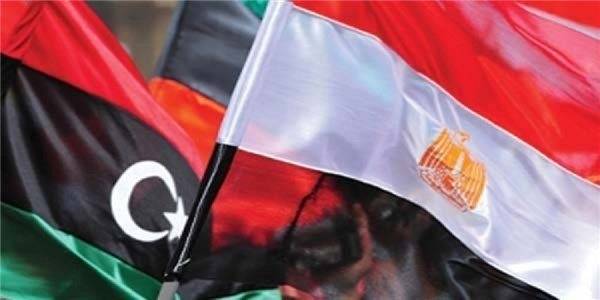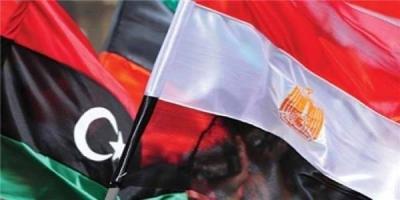The spokesperson for the Libyan Government of National Accord, Mohamed al-Qablawi, announced that an Egyptian delegation has arrived in the capital, Tripoli, in preparation for the announcement tomorrow regarding the reopening of the Egyptian embassy.
Al-Qablawi explained in a special statement to Sputnik agency on Sunday evening that the anticipated opening of the Cairo embassy in Tripoli comes after renewed coordination between the governments of the two countries. He stated, "An Egyptian delegation arrived tonight in Tripoli to officially announce the reopening of the Egyptian embassy once again." Al-Qablawi noted that this Egyptian delegation visit culminates ongoing coordination between the foreign ministries of both countries since the Egyptian delegation's visit at the end of December last year. A high-level Egyptian delegation had traveled to the Libyan capital, Tripoli, on December 28, marking its first visit in six years. This Egyptian delegation included officials from sovereign agencies and ministries and met with several senior officials from the Libyan presidential council, the government, and the interior and foreign ministries, as well as Libyan intelligence. At that time, Al-Qablawi tweeted that "the Egyptian delegation promised the Libyan side to resume the operations of the embassy in Tripoli as soon as possible and agreed on the necessity of finding urgent solutions to resume Libyan flights to Cairo."
It is noteworthy that the Egyptian embassy in Tripoli was closed in early 2014 after four of its employees and the embassy's administrative attaché were kidnapped. Previously, Egyptian Foreign Minister Sameh Shoukry confirmed that Egypt had taken intensive actions, marking a turning point in the course of the Libyan crisis. The minister emphasized in a statement before the House of Representatives that the Cairo announcement was a clear call to adhere to a political solution to the crisis and to halt military operations and escalation. He added that it was necessary for President Abdel Fattah el-Sisi to set a red line, which led to the cessation of conflict and fighting and the activation of international agreements embodied in the Berlin process and what followed.
Shoukry remarked in response to interventions by members of the House of Representatives about the ministry's statement on implementing the government’s program: "We intensified our efforts to preserve the Libyan security and resources and prevent foreign intervention in Libyan affairs to stop Libya from becoming a haven for terrorist organizations and a threat to Egyptian security."
The Egyptian president stated last June that "Egypt will not stand idly by in the face of any moves that pose a strong direct threat to national security, not only for Egypt and Libya but also for the Arab, regional, and international sphere." He added, "Egypt possesses the strongest army in the region and the African continent, capable of changing the military scene rapidly and decisively in Libya if it so desires," clarifying, "This army is prudent; it does not engage in aggression or invasion, and if we decide to take action, we will refer to the Egyptian Parliament for approval."
He confirmed that "when Egyptian forces enter Libya, they will be led by tribal sheikhs alongside the Libyan flag." The Libyan crisis witnessed extensive political movement on the fifth of this month, where members of the Libyan dialogue committee, under the supervision of the United Nations, elected a temporary Libyan government through voting, in which Mohamed al-Minfi became the head of the presidential council and Abdul Hamid Dbeibah became the prime minister. The al-Minfi and Dbeibah list won with 39 votes against 34 votes for their competitors, the head of the eastern parliament Aguila Saleh, and the interior minister residing in the west, Fathi Bashagha, for the position of prime minister.




